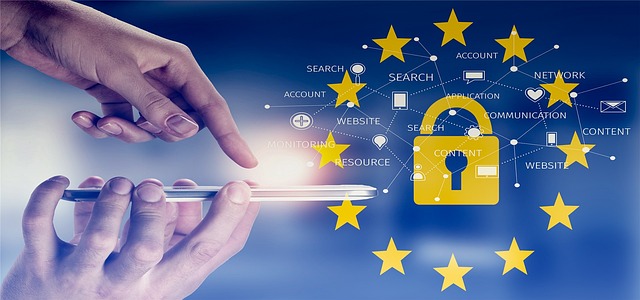Ultimate Guide to GDPR Compliance: What Every Business Must Know

GDPR compliance is one of the most important aspects of modern data privacy. The General Data Protection Regulation is a data protection law enacted by the European Union, effective as of May 25, 2018. It introduced a unified approach to handling personal data and protecting user privacy across all EU member states.
Table of Contents
What is the EU Data Protection Regulation?
This regulation replaces the 1995 Data Protection Directive and sets out strict guidelines for how organizations collect, use, and store personal information. It is legally binding across the European Union and applies not only to EU-based companies but also to any business worldwide that handles data of EU citizens.
Why GDPR Was Introduced
With the rise of digital services, personal data became increasingly vulnerable to misuse and abuse. The new regulation was designed to give individuals more control over their information and ensure organizations use personal data in a transparent and secure way.
Who Needs to Comply?
This law affects all organizations, regardless of location, if they process or store the personal data of EU residents. Whether you run an online store, a healthcare facility, or a tech company, GDPR compliance is mandatory if you deal with EU users’ data.
Consent and Transparency
One of the core principles of the regulation is the need for clear and informed consent before collecting personal information. Organizations must explain in simple language why and how data is being collected, and provide users with the ability to revoke that consent at any time.
How to Become Compliant
The process starts with identifying how personal data is collected and stored. Businesses must establish privacy policies, secure user data, train staff on data protection, and implement proper IT security systems. Documentation and transparency are key in proving compliance if audited.
Examples from the Real World
An e-commerce site must give users access to their account data and allow for its deletion. Hospitals and clinics, which handle highly sensitive information, are especially impacted and must enforce strict confidentiality. Even email newsletter sign-up forms must follow strict opt-in standards.
User Rights and Responsibilities
Under the law, individuals now have stronger rights such as the right to access their data, correct inaccuracies, and request deletion. Educating users about their rights and how their data is managed builds trust and legal clarity.
Data Security and Technology
Organizations must use encryption, firewalls, secure authentication methods, and regular data audits to protect data. In the event of a data breach, companies must notify authorities within 72 hours to avoid penalties.

Key Changes Brought by the Regulation
The regulation introduced several new responsibilities such as appointing a Data Protection Officer (DPO) for some organizations, keeping internal records of processing activities, and conducting data protection impact assessments (DPIAs) when necessary.
Digital Transformation and Responsibility
As businesses go digital, protecting user privacy becomes part of ethical and professional responsibility. The regulation not only improves transparency but also enhances reputation and customer trust when implemented correctly.
Marketing and Privacy Laws
Companies must now tailor their marketing strategies to fit privacy regulations. Email marketing, lead generation, and retargeting all require user permission and clear communication. Pre-checked boxes and hidden terms are no longer acceptable practices.
Documentation and Accountability
Proper documentation is essential. Businesses must demonstrate accountability through privacy policies, risk assessments, consent logs, and security protocols. Internal audits and regular compliance reviews help maintain ongoing compliance.
Conclusion
GDPR compliance is not just a legal requirement; it’s a commitment to customer privacy and responsible data usage. As technology advances, respecting user privacy will remain a key factor in trust and business longevity. Taking GDPR seriously is not only smart—it’s essential.



